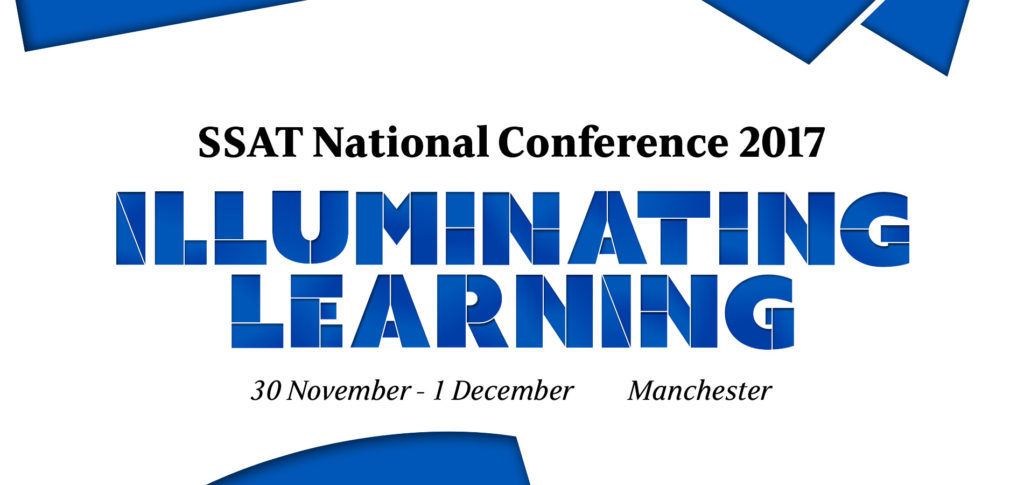
 Paul A Kirschner, Distinguished University Professor of educational psychology at the Open University of the Netherlands, is an internationally recognised expert in educational psychology and instructional design, who specialises in debunking the myths of how people learn.
Paul A Kirschner, Distinguished University Professor of educational psychology at the Open University of the Netherlands, is an internationally recognised expert in educational psychology and instructional design, who specialises in debunking the myths of how people learn.
He criticises the urban legends that are very prevalent in education – ‘legends that teachers should avoid,’ as he puts it. ‘For example, that children can multi-task, self-directed education, learning styles, and the myth that we don’t need knowledge, it’s all on the internet. He has focused on the good theory behind why they’re wrong, and what people actually should be doing.
For example, retrieval practice: ‘its success depends on whether the children can summarise material effectively: have we taught them that? (Sometimes you could cry when you look at what they do.)’ If they have not learned how to do this effectively, all the use of flash cards, quizzes, testing and peer teaching is largely wasted, he suggests. He is collating sources of information and support to help teachers identify and use the research that will really help. His blog, 3-Star Learning Experiences, written with Mirjam Neelen, includes many examples; the most informative is probably Seminal Papers in Educational Psychology, which gives an annotated list of important research.
What got him going?
Formerly, prof Kirschner had been a classroom teacher: ‘what stimulated me to study this is that, as a teacher, I got frustrated that the children who should have been able to understand what I was teaching did not, no matter how or how often I explained it to them.
‘So I left teaching and studied educational psychology to understand teaching techniques and how to increase the probability that students will learn. That’s the reason I went into educational research.’ More recently, that decision has been borne out by ‘seeing teachers using things like learning styles, which have been proven not to work, and ruining children’s learning experience.’
Read more in the NC17 blog series: The Chartered College of Teaching: on the cusp of change for the profession.
Book your place at SSAT National Conference 2017: Illumination learning.

